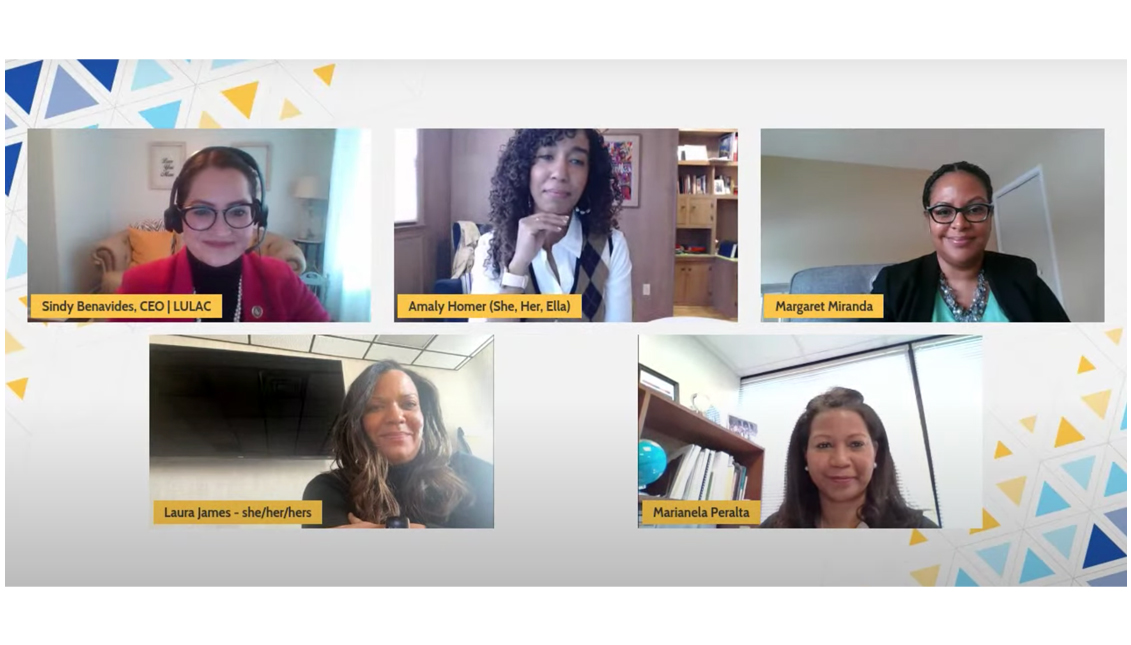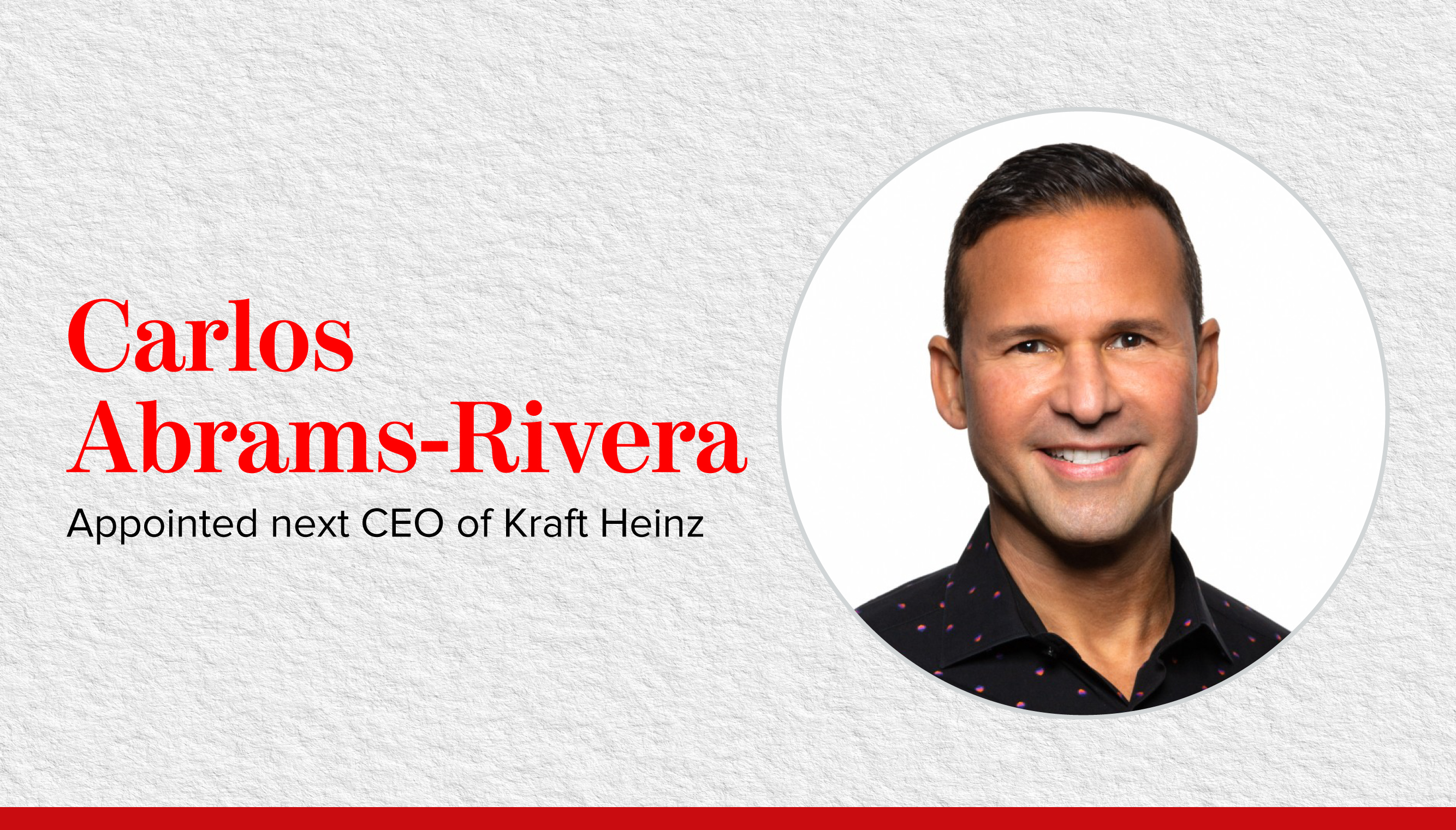
Afro-Latinas bring fresh perspectives to Corporate America
Four prominent executives talked about what still needs to be done to reach equity in the corporate work sphere.
The intersectionality of being a woman, Black, and Latinx in corporate America is “a topic that does not get discussed enough,” says Cid Wilson, president and CEO of the Hispanic Association on Corporate Responsibility (HACR).
To discuss further about the issue during Black History Month, HACR recently held a webinar titled Afro-Latinas in Corporate America: A Conversation on Race and Gender.
The panelists were four prominent Afro-Latina executives: Amaly Homer, Marketplace Retiree & Individual Exchange Leader of Mercer; Laura James, Global Director of Community Relations at UPS; Margaret Miranda, Senior Associate of Talent Acquisition at New York Life, and Marianela Peralta, General Counsel & Corporate Secretary of Allegis Global Solutions.
Sidny Benavides, CEO of the League of United Latin American Citizens (LULAC), was the moderator.
The executives began by recognizing they have faced colorism in society and at the workplace.
“Colorism is something that we all experience across all of our nationalities,” said Miranda. “It’s something that is really ingrained in our culture, unfortunately.”
Peralta agreed and added: “We grow up with a lot of that [colorism]. But as times goes on, that will change because the younger generation is more open and willing to call out that kind of behavior.”
In that sense, the four agreed that the Black Lives Matter movement's impact has sparked more awareness on race and disparity at all levels.
“This past year has allowed people to understand you cannot take for granted things like inequity, and the lack of justice,” said James.
For Homer, every time a Black person is exposed to the killing of another Black person or even hears about it is still traumatic.
“In the workplace, it takes 14 poor mental health days to recover,” she said.
RELATED CONTENT
But how is corporate America really doing when it comes to diversity and inclusion?
Peralta thinks it’s “a nuance they are only really starting to grasp,” while Miranda points to education and awareness that has “shifted up quite a bit over the last 20 years.”
James said her experience in her workplace has also been positive.
“Just bringing equity into the discussion and having an inherent sense of the biases around the organization has been very refreshing,” she said.
Homer, however, has noticed there are still a lot of events and panels where leaders that are being represented are mostly not Afro-Latino.
“We are unifiers. Afro-Latinas can bring multiple perspectives to the table,” she said.
When asked what they would tell a young Afro-Latina starting her career, their advice was:
“Always carry yourself with pride,” “seek a sponsor or a mentor,” “remain optimistic, be innovative,” and “you have a lot of power: use it, leverage it for good.”










LEAVE A COMMENT:
Join the discussion! Leave a comment.